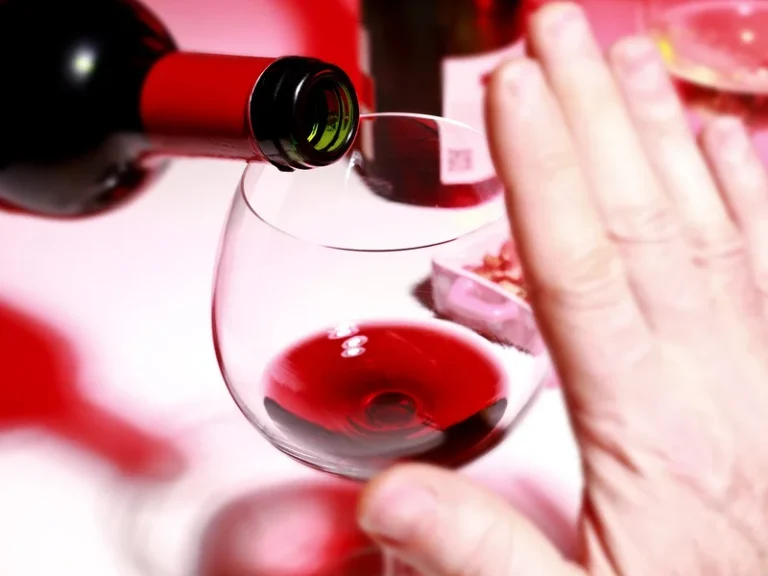
These shakes occur as the body, which has become accustomed to the depressant effects of alcohol, tries to adjust to the absence of the substance. When alcohol is removed, the brain continues to deliver increased nerve activity, leading to a range of withdrawal symptoms, including tremors, anxiety, and agitation. One of the visible signs of alcohol dependence is experiencing alcohol shakes, which commonly occur during withdrawal. For many individuals in this situation, undergoing alcohol detox is crucial to safely manage and overcome withdrawal symptoms.
- While they normally go away on their own, if your shakes are severe or don’t stop, talk to your doctor right away.
- To reduce your stress during withdrawal, try doing some light exercise, like going for a walk or riding your bike.
- Get professional help from an online addiction and mental health counselor from BetterHelp.
- During alcohol withdrawal, the body struggles to cope with the sudden absence of alcohol, leading to imbalances in neurotransmitters such as GABA and glutamate.
- Deep breathing is an essential component to many of these practices and works to trigger the body’s natural relaxation response.
What Helps with Weed Withdrawals?
These groups include those who have had drinking problems in the past and now offer support to people wishing to overcome their drinking habits. Alcohol is a depressant, which is a substance that reduces activity in the brain and interferes with its communication pathways. Drinking alcoholic beverages slows down brain functions and inhibits certain chemicals that help regulate mood. This can disrupt the way the brain sends instructions to the muscles and nerves, causing symptoms such as tremors in the fingers or hands.
Setting Boundaries: How to Prioritize Your Well-Being in Recovery

In addition to adopting healthy lifestyle choices, people with alcohol tremors often take propranolol to control tremors. During prolonged alcohol use, the body compensates for the depressant effects of alcohol by how to stop alcohol shakes increasing the activity of excitatory neurotransmitters. Once alcohol intake is reduced or stopped, the sudden lack of its inhibitory effect leads to a hyper-excitable state, manifesting as shakes, agitation, and other withdrawal symptoms. Sometimes, the most severe symptoms of alcohol withdrawal symptoms can be life threatening. People with a history of AUD who want to quit drinking should contact a specialist who can help them and oversee the gradual withdrawal from alcohol. There are numerous strategies to take control of your sobriety and improve your quality of life, paving the way for a healthier, alcohol-free future.
Committing to Long-Term Recovery

To compensate for this sedative effect, the brain increases nerve activity to maintain alertness. However, when alcohol is suddenly removed from the system, the brain continues to function in this heightened state, leading to tremors and other withdrawal symptoms. Encouraging a healthy lifestyle, including regular exercise, a balanced diet, and stress management techniques, can support recovery and Sobriety improve overall well-being. Some individuals may experience alcohol tremors after a period of abstinence.
Tapering Off Alcohol Consumption

These programs offer tailored care, including counselling, support groups, and sometimes medications like naltrexone or acamprosate to reduce the desire to drink. Long-term alcoholics will have alcohol shakes due to brain damage, liver disease (cirrhosis), or Wernicke-Korsakoff syndrome. If sufficient scar tissue prevents the liver from eliminating ammonia and other toxins from the bloodstream, alcoholics with cirrhosis of the liver may experience uncontrollable shaking. Wernicke-Korsakoff syndrome is typically diagnosed in alcoholics with significant thiamine deficiency resulting from malnutrition. Memory loss, alcohol shakes, and the inability to walk without assistance are symptoms of Wernicke-Korsakoff.
